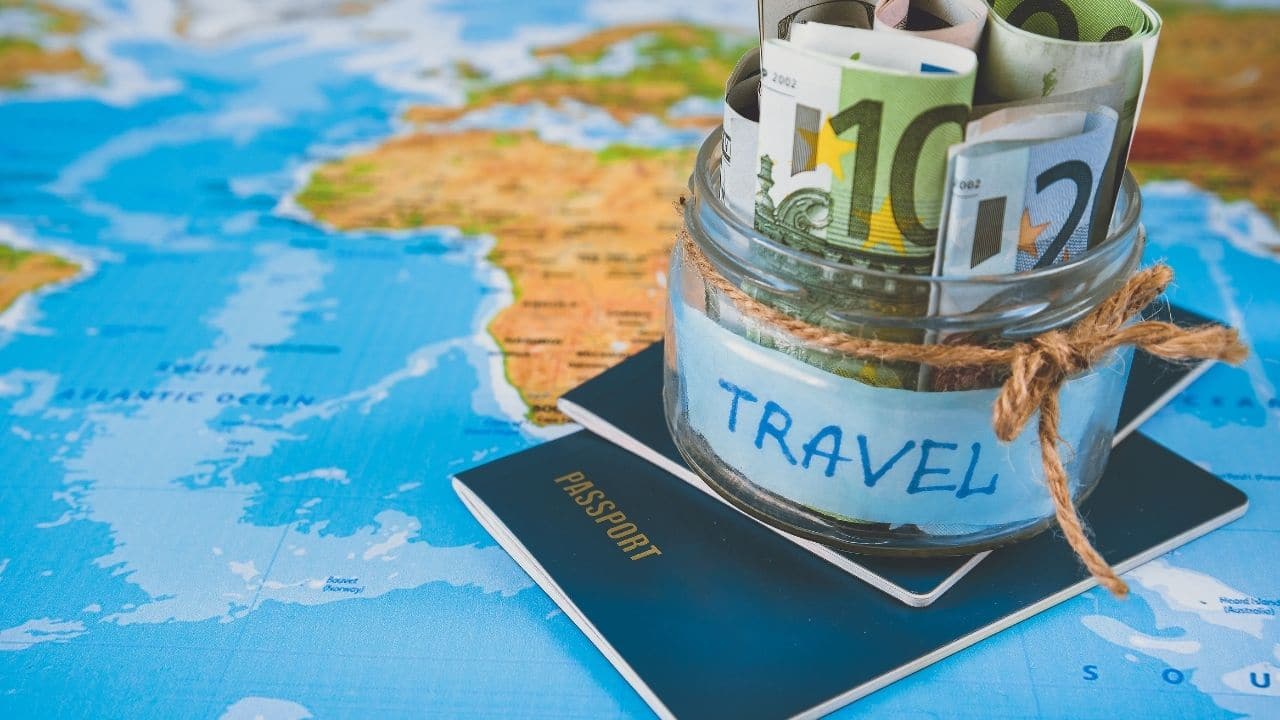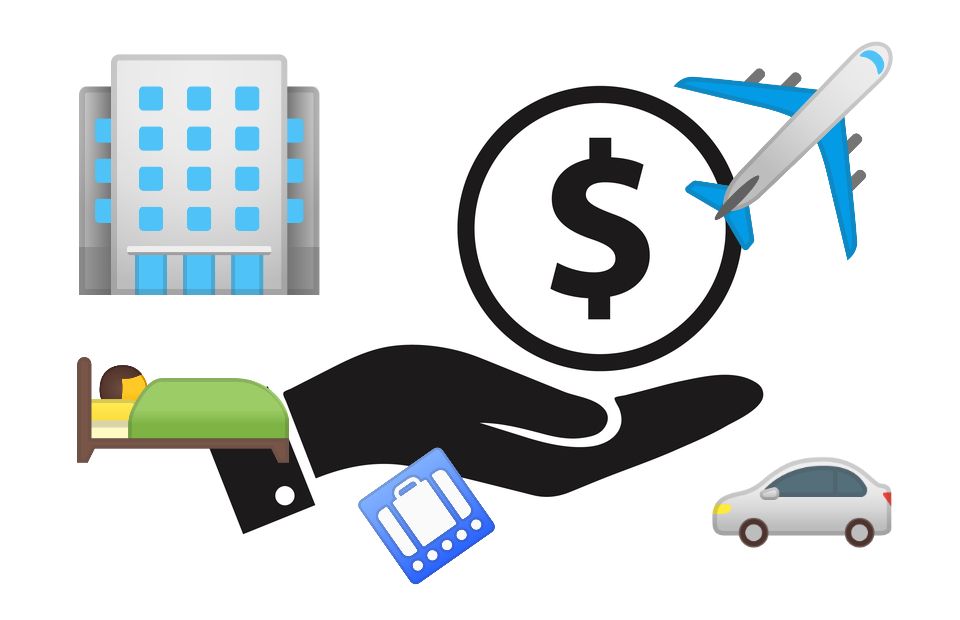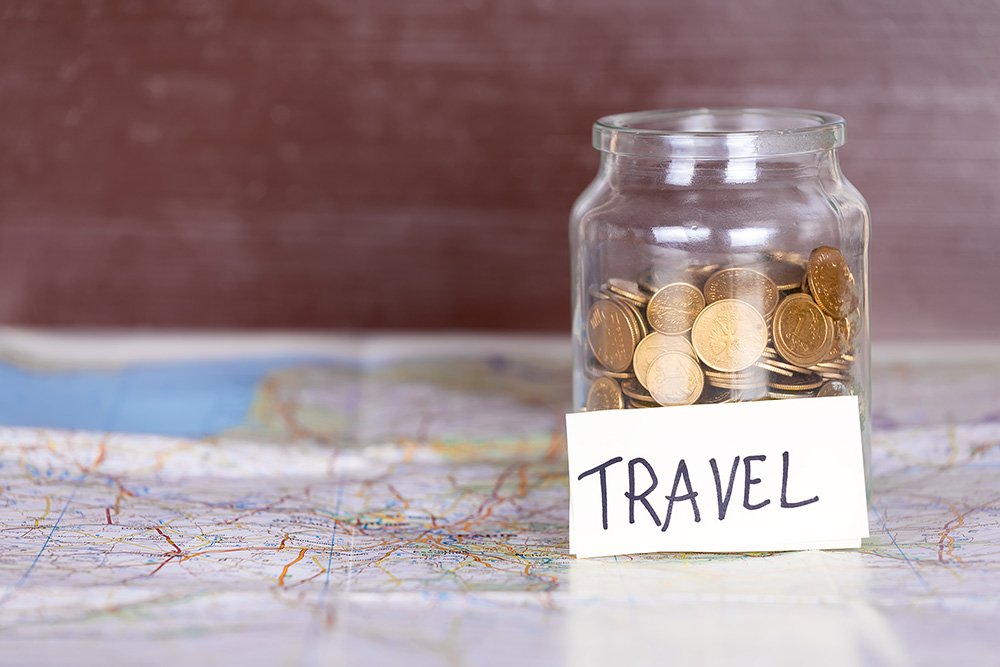Understanding Travel Costs: A Comprehensive Guide
Share
Traveling is one of life’s greatest pleasures, but it can also be a significant financial commitment. Understanding the various costs associated with travel can help you plan better and make the most of your budget. In this article, we will break down the different components of travel costs, highlight local attractions, cuisine, accommodations, and unique experiences that can enhance your trip.

1. The Breakdown of Travel Costs
When planning a trip, it’s essential to consider all potential expenses. Travel costs can be categorized into several key areas:
- Transportation: This includes flights, trains, buses, and car rentals. Depending on your destination, transportation can be one of the most significant expenses.
- Accommodation: Hotels, hostels, vacation rentals, and other lodging options vary widely in price based on location, amenities, and time of year.
- Food and Dining: Eating out can add up quickly. Local cuisine can be a highlight of your trip, but budgeting for meals is crucial.
- Activities and Attractions: Entrance fees for museums, parks, and tours can vary. Researching these costs in advance can help you allocate your budget effectively.
- Miscellaneous Expenses: Don’t forget about travel insurance, souvenirs, and tips, which can also impact your overall travel budget.

2. Transportation Costs
Transportation is often the largest expense when traveling. Here are some tips to manage these costs:
- Book Early: Flights and train tickets are usually cheaper when booked in advance. Use fare comparison websites to find the best deals.
- Consider Alternative Airports: Sometimes flying into or out of a nearby airport can save you money.
- Public Transport: In many cities, public transportation is a cost-effective way to get around. Research local transit options before your trip.

3. Accommodation Options
Finding the right place to stay is crucial for a successful trip. Here are some accommodation types to consider:
- Hotels: Ranging from budget to luxury, hotels offer various amenities. Look for deals on booking websites.
- Hostels: A great option for budget travelers, hostels provide shared accommodations and a chance to meet fellow travelers.
- Vacation Rentals: Platforms like Airbnb offer unique lodging options, often at competitive prices.
- Local Guesthouses: Staying in a guesthouse can provide a more authentic experience and often includes breakfast.

4. Culinary Experiences
Food is an integral part of any travel experience. Here’s how to enjoy local cuisine without overspending:
- Street Food: Often delicious and affordable, street food can give you a taste of local flavors.
- Local Markets: Shopping at local markets for fresh produce and snacks can save money and provide a unique experience.
- Dining Deals: Look for lunch specials or early bird discounts at restaurants.

5. Unique Experiences and Attractions
Every destination has its unique attractions. Here are some tips for enjoying them without breaking the bank:
- Free Attractions: Many cities offer free walking tours, parks, and museums on certain days.
- City Passes: Consider purchasing a city pass that provides discounted entry to multiple attractions.
- Local Events: Check local calendars for festivals, markets, and events that are free or low-cost.
Conclusion
Understanding travel costs is essential for planning a memorable trip without overspending. By considering transportation, accommodation, food, and activities, you can create a budget that allows you to enjoy all that your destination has to offer.
For your next adventure, make sure to book your hotels and flights early to secure the best rates. Check out Hotels & Flights for great deals, and if you need transfers, visit Transfers for convenient options. Happy travels!



